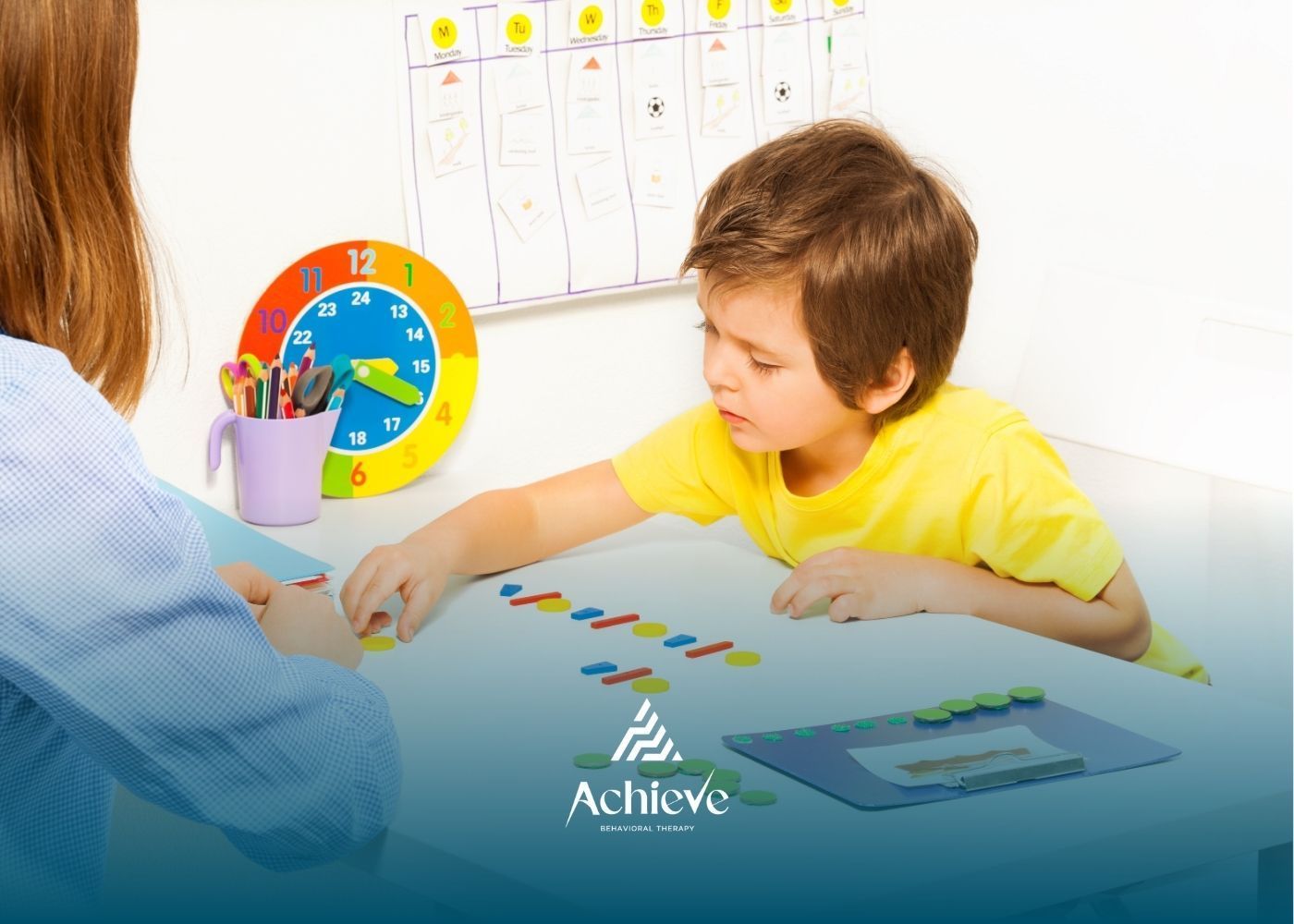Can Autism Run in Families? The Truth About Genetics and Risk

The question of whether autism runs in families comes up all the time—and for good reason. Families want answers, clarity, and peace of mind. As a therapist, I’ve seen both the science and the personal side of this question, and I want to share what I’ve learned.
Let’s break it down together, so families can better understand what research says, what it means for siblings and future children, and why autism is not anyone’s “fault.”
Understanding Autism and Genetics
Autism spectrum disorder (ASD) is a developmental condition that affects communication, behavior, and social interaction. While researchers don’t know the exact cause, decades of studies show that genetics play a strong role.
What Research Tells Us
Twin studies and family research have shown that autism is more common in families where another member has been diagnosed. For example, if one identical twin has autism, the other twin is more likely to be diagnosed as well. Similarly, siblings of autistic children have a higher chance of being diagnosed compared to the general population.
Genes vs. Environment
It’s important to remember that autism isn’t caused by a single “autism gene.” Instead, it’s influenced by many genes interacting together. Environmental factors—like prenatal development, parental age, or certain health conditions—can also play a role. But genetics remain one of the strongest influences.
Can Autism Be Inherited?
Parents often ask whether autism is “inherited” in the same way as eye color or height. The answer is both yes and no.
Family Risk Factors
Research shows that families with one child on the spectrum are more likely to have another child with autism compared to families without any diagnoses. However, it’s not guaranteed. Many siblings of autistic children develop typically.
Different Expressions of Autism
Even when autism runs in families, it may look very different from one child to another. One sibling might have significant communication challenges, while another may show only subtle social differences. This is why it’s called a spectrum.
What Families Should Know About Risk
Hearing that autism has a genetic link can be overwhelming. I always remind parents: understanding risk is not about predicting outcomes—it’s about preparing and supporting children as early as possible.
Early Signs and Screening
If you already have a child with autism, you may want to monitor younger siblings more closely for early signs. Things like delayed speech, limited eye contact, or repetitive behaviors are worth mentioning to a pediatrician. Early screening doesn’t mean labeling a child—it simply opens the door to early support if needed.
The Power of Early Intervention
Even if a child shows traits of autism, early intervention through therapies like ABA can make a significant difference in their development. Starting support early can improve communication, independence, and social skills.
Why Autism is Never “Anyone’s Fault”
I can’t stress this enough: autism is not caused by parenting style, family choices, or anything parents did or didn’t do. While autism may run in families, it is not a reflection of blame.
As a therapist, I’ve seen parents carry unnecessary guilt, wondering if they somehow caused their child’s diagnosis. My answer is always the same: autism is simply part of who your child is, shaped by both biology and environment. The best step forward is focusing on how to support them—not questioning what you could have done differently.
Supporting Families Through the Journey
Whether autism runs in your family or you’re navigating a first diagnosis, what matters most is having the right resources. Families don’t have to walk this path alone.
The Role of ABA Therapy
ABA therapy gives children structured opportunities to learn skills, reduce challenging behaviors, and gain independence. But it also gives parents practical tools, helping them feel more confident in supporting their child.
Building a Support Network
Having a child with autism can bring up questions, worries, and a lot of emotions. Support groups, family education, and therapy teams all make a difference. You don’t have to carry the “what ifs” by yourself.
At Achieve ABA, we know the questions families face—because we’ve walked alongside parents through them. Whether you’re wondering about genetics, worried about siblings, or looking for early support, we’re here to help.
We provide personalized ABA services in New Jersey and North Carolina. Our programs include in-home ABA and school-based ABA, giving families flexible options that fit their child’s needs.
If you’re asking yourself, “Can autism run in families?”—know that you’re not alone. Contact us today to find the support and answers your family needs.
FAQs
Does autism run in families?
Yes, research shows autism has a genetic component, meaning it can be more common in families. However, not every sibling or family member will have autism.
If I have one child with autism, will my other children have it too?
Not necessarily. Siblings do have a higher likelihood compared to the general population, but many siblings develop without autism.
Can autism skip generations?
There’s no clear pattern like traditional inheritance. Autism can appear in multiple generations, but it may look very different from one family member to another.
Sources:
- https://health.ucdavis.edu/news/headlines/large-study-confirms-siblings-of-autistic-children-have-20-chance-of-autism-/2024/07
- https://medschool.ucla.edu/news-article/is-autism-genetic
- https://www.uclahealth.org/news/release/new-genetic-clues-uncovered-largest-study-families-with
- https://www.bbc.com/future/article/20250415-the-genetic-mystery-of-why-some-people-develop-autism
- https://www.autismspeaks.org/what-causes-autism
Need Support?
We're Here to Help!
Our experienced team is ready to assist you. Reach out today to discuss how we can support your child's development and well-being.
Get started with expert ABA therapy today.






